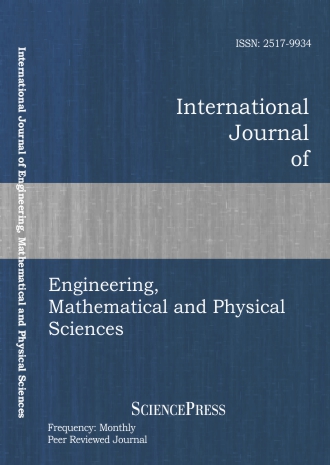
Scholarly
Volume:8, Issue: 3, 2014 Page No: 589 - 592
International Journal of Engineering, Mathematical and Physical Sciences
ISSN: 2517-9934
1555 Downloads
Some Application of Random Fuzzy Queueing System Based On Fuzzy Simulation
This paper studies a random fuzzy queueing system
that the interarrival times of customers arriving at the server and
the service times are independent and identically distributed random
fuzzy variables. We match the random fuzzy queueing system with
the random fuzzy alternating renewal process and we do not use from
α-pessimistic and α-optimistic values to estimate the average chance
of the event ”random fuzzy queueing system is busy at time t”, we
employ the fuzzy simulation method in practical applications. Some
theorem is proved and finally we solve a numerical example with
fuzzy simulation method.
Authors:
References:
[1] Y. Ning, W. Tang, R. Zhao, Analysis on random fuzzy queueing systems